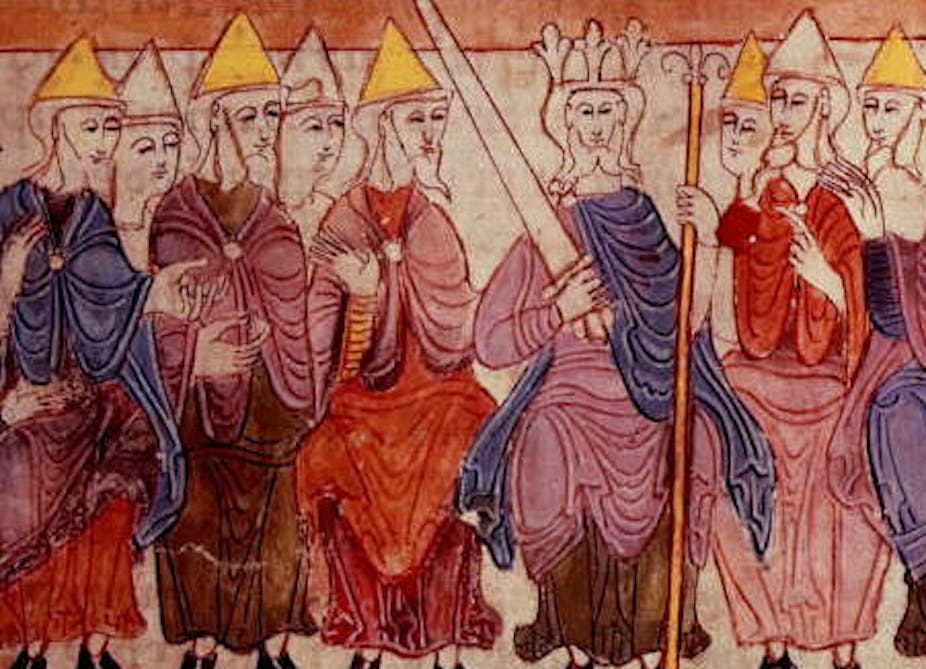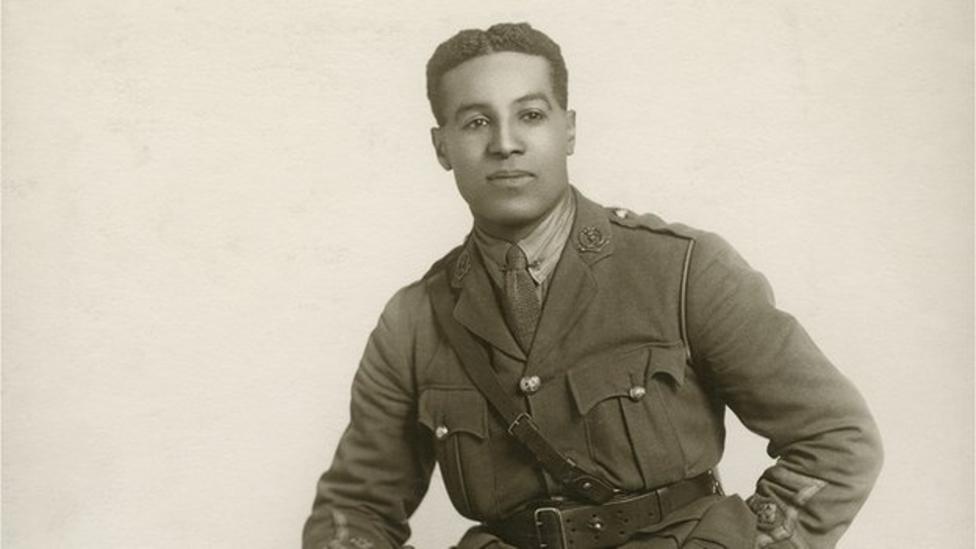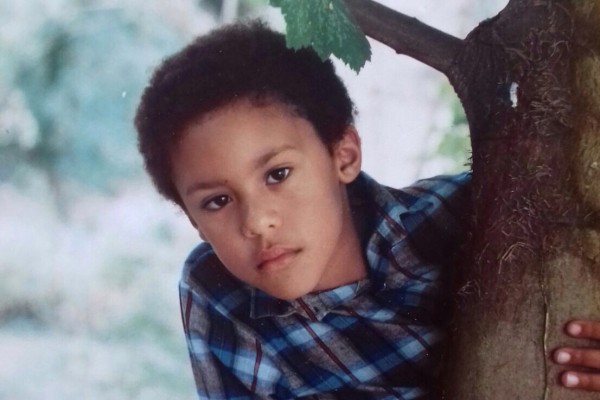Meet the Viscountess Transforming the Idea of British AristocracyPosted in Articles, Media Archive, United Kingdom, Women on 2018-04-26 02:10Z by Steven |
Meet the Viscountess Transforming the Idea of British Aristocracy
Vanity Fair
2018-04-25 (May 2018 Issue)
David Kamp, Contributing Editor
 Photograph by Simon Upton. Emma Thynn, the Viscountess Weymouth, on the roof of Longleat House, in Wiltshire, England |
Emma Thynn, an extraordinary cook and mother who is positioned to become Britain’s first black marchioness, has recast the mold of aristocracy with her stylish, entrepreneurial spirit—despite a strained relationship with her in-laws.
So there we were, the future ninth Marquess of Bath and me, on a boat patrolling a lake on his family’s estate, each of us holding a plastic cup full of sprats. All at once, some sea lions surfaced starboard, barking expectantly, their whiskery maws wide open. We hustled to the boat’s railing, emptying our cups, tossing the silvery fish to the appreciative beasts. The marquess-to-be took to this task with particular relish, unsqueamish about getting his fingers slimy and barking back at the sea lions, “Urt! Urt! Urt!” As was only appropriate: he is three and a half years old.
The boy’s mother, Emma, Viscountess Weymouth, was leading me on a tour of the estate, Longleat, which includes a drive-through safari park open to the public. John, my fish-tossing comrade and the elder of Emma’s two sons, was tagging along. The park’s animals include tigers, lions, cheetahs, giraffes, red pandas, gorillas, monkeys, rhinos, hippopotamuses, and an Asian elephant, Anne, who was restored to good health after years of abuse in a circus and now lives at Longleat in her own purpose-built facility with a trio of companion goats. There are also walk-through enclosures where visitors can feed smaller animals, such as tamarins and rainbow lorikeets, and there is the boat ride, where a cup of sprats usually goes for £1, a fee that was waived for his lordship and his adult guest…
…Emma McQuiston was born in 1986 to a Nigerian father and an English mother. When her husband, Ceawlin, Viscount Weymouth, assumes the title held at the moment by his 86-year-old father, Alexander, the current, and seventh, Marquess of Bath, Emma will become Britain’s first black marchioness. In the ranks of British peerage, a marquess and marchioness are second only to a duke and duchess. And someday, young John, a sweet and precociously eloquent boy with caramel skin and loose black curls, will assume his father’s title and become the United Kingdom’s first marquess of color…
Read the entire article here.






